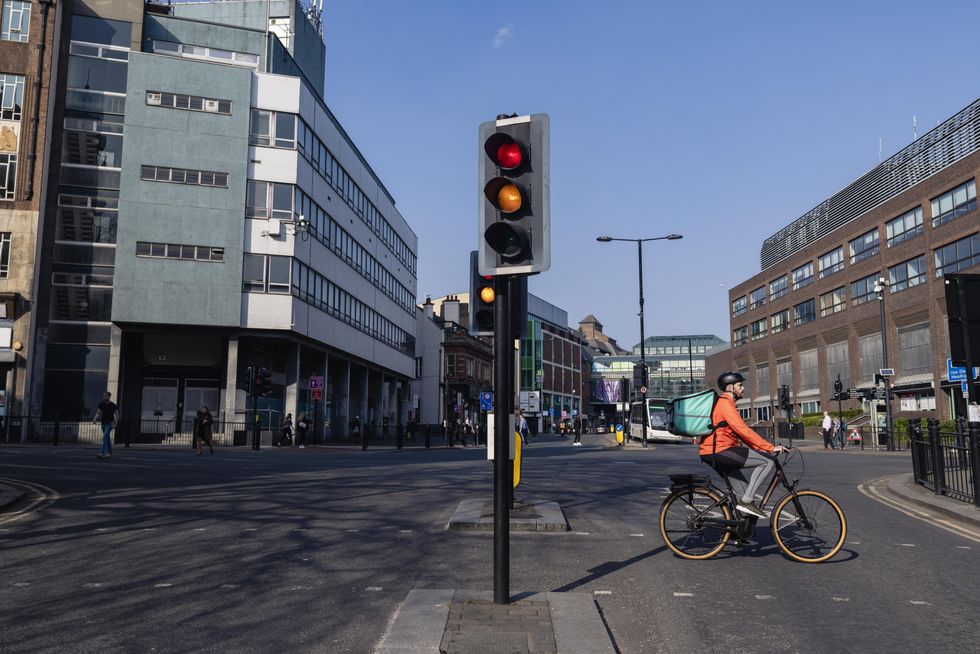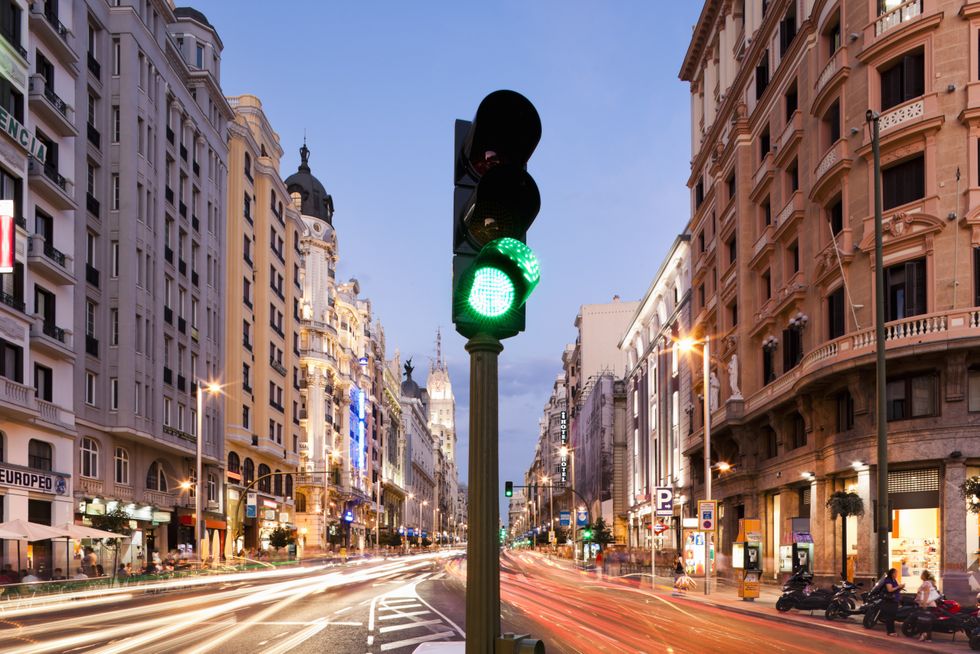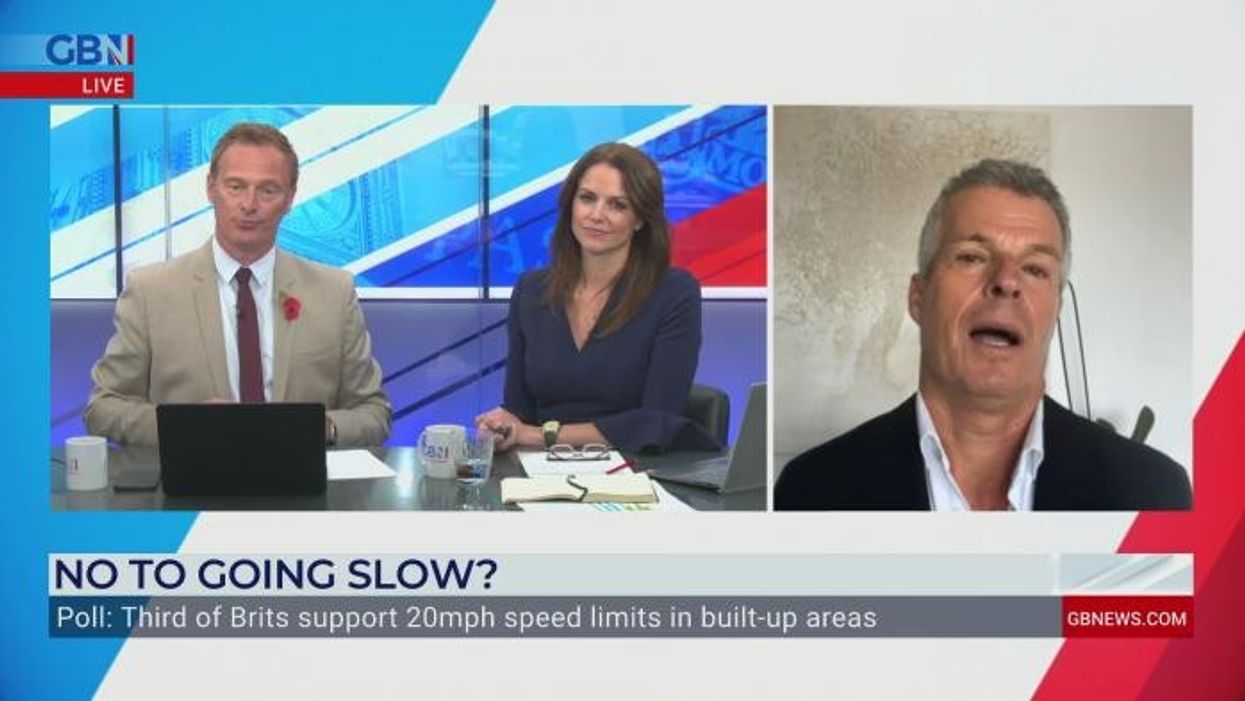Drivers could face new AI traffic light system on roads which can slash journey times and pollution

The project was awarded a a two-year long contract by Hull City Council
Don't Miss
Most Read
Latest
Experts are urging drivers and businesses to join an artificial intelligence (AI) system trial on a busy road to help reduce traffic and air pollution.
The system uses AI to adjust traffic light timings to help alleviate congestion hot spots, improve the management of traffic around sporting events, concerts, roadworks or traffic incidents, as well as manage traffic to reduce air pollution.
The use of the AI trial was spearheaded by AI company Simplifai, which is based at Huddersfield University. Alongside a research team on campus, they have helped implement the traffic system in the city.
The collaboration has already begun to impact traffic flow on roads through a new form of smart urban management of congestion.
Do you have a story you'd like to share? Get in touch by emailing motoring@gbnews.uk

The AI technology is able to access existing information on congestion
|GETTY
The project was awarded a two-year long contract by Hull City Council last year to trial it out on public roads.
Mauro Vallati, professor of AI at Huddersfield University, explained that the system they have created builds on the traffic authority’s existing data and can allow simulations to take place ahead of a big local event, for example.
He said: “What we are doing is designing AI solutions for dealing with traffic issues, optimising traffic signals in order to reduce congestion and pollution.
“This will improve the quality of life for people living in urban areas, as well as reducing journey times for people travelling to work in the morning and coming back home in the evening.
“For example, an operator can set the objective to move traffic through the corridor as fast as possible within speed limits, to avoid congestion.
"The system then creates traffic signal strategies, telling each junction how long each signal should be on green in order to maximise movements.”
The AI technology is able to access existing information on congestion, traffic lights, bus movements, incidents and air quality to generate real-time strategies to solve traffic control issues.
Councillor Mark Ieronimo, at Hull City Council, said last year that the project was an example of how new AI technology can make better use of existing traffic signal assets and manage traffic to make the road network safer, greener and more efficient.
The project aims to address traffic problems such as alleviating known congestion hot spots and improving the reliability of bus movements on targeted routes or through specific locations.
McCabe added that the team were looking for large fleet operators in the north of England to be part of the project and actively on the steering group for the project so they can understand whether the effect has been noticed and whether that’s been negative or positive.
He commented: “What we want to try and work out is what information we need to put in front of people driving connected vehicles, and what information when you've got a semi-autonomous vehicle, do we just send straight to the car to make the decisions for you?”
It also hopes to improve the management of traffic to and from non-routine occasions such as sporting events, concerts, roadworks or traffic incidents.
LATEST DEVELOPMENTS:

The AI system has been designed to help reduce air pollution where poor air quality is detected.
|GETTY
As for managing traffic, the AI system has been designed to help reduce air pollution where poor air quality is detected.











